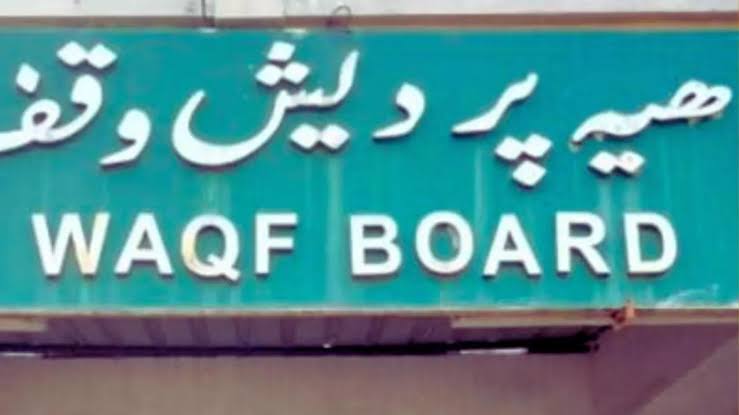New Delhi: In response to concerns over the “curtailing” of Waqf Board powers, the BJP-led NDA government is set to introduce over 40 amendments to the Waqf Act in the ongoing Monsoon Session of Parliament. These reforms aim to modernise and improve the functioning of the Waqf Board.
Key Amendments:
1. Inclusivity and Representation:
– Mandatory inclusion of two women members in the Waqf Board.
– Enhanced representation for all Muslim communities, including Shia, Sunni, Bohra, Aghakhani, and other backward classes.
– Representation of Muslim women and non-Muslims on the Central Waqf Council and state boards.
2. Property Registration and Protection:
– Introduction of a central portal for Waqf property registration.
– Protection of rights for the Bohra community.
– Repeal of Section 40, stripping the Board of its power to declare any property as Waqf property.
3. Structural Changes:
– Revocation of the Waqf Act 1923.
– Renaming the Waqf Act 1995 to the Unified Waqf Management, Empowerment, Efficiency and Development Act, 1995.
– Creation of a separate Board of Auqaf for Bohras and Aghakhanis.
These amendments are designed to enhance the efficiency and transparency of the Waqf Board, which manages a significant land bank of nearly 8.7 lakh properties, totalling around 9.4 lakh acres.
The proposed changes have garnered support from various dargah chiefs. On Tuesday evening, members of the All India Sufi Sajjadanashin Council (AISSC) met with Kiren Rijiju, the Minister for Minority Affairs, to express their support. The council praised Prime Minister Modi’s efforts for the welfare of the Muslim community and minorities.
Minister Rijiju acknowledged the meeting on X (formerly Twitter), highlighting the delegation’s appreciation for the government’s initiatives.




Comments are closed.